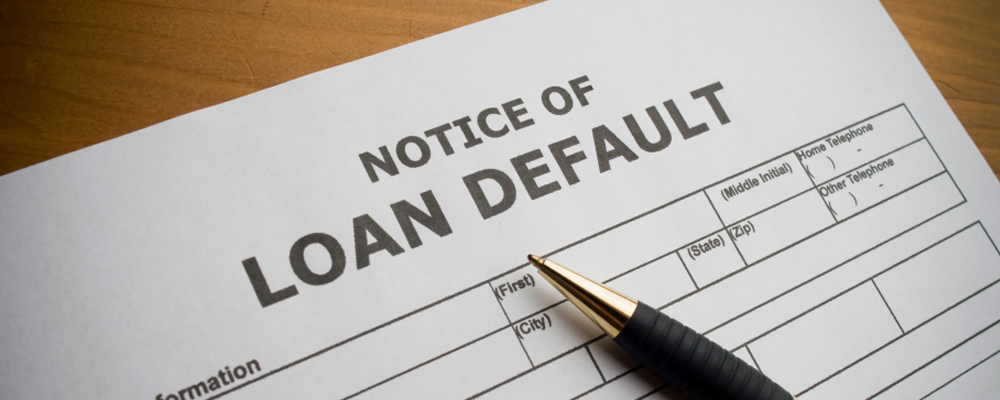The banks have certain remedies regarding and option available to recover the loan from the defaulter the bank as plaintiff can file the summary suit under the order 37 of the Civil Procedure Code, the rule 1 sub rule 2 provides that order 37 is applicable to all the suits as mentioned bill of exchange, promissory notes, hundis, the money payable in the contracts.
The main benefit to a plaintiff under order 37 suit is that where the defendant who is not able to produce any substantive defence in his case the judgement is delivered immediately in the favour of the plaintiff.
Remedy under the NI Act
This is the second remedy available if the person taking the money issue a cheque to the lender and that particular cheque when given to bank bounce or is returned back by the bank for the reason of insufficient fund in the account or the borrower of the cheque or the cheque gets dishonoured, then the person is guilty under the offence of section 138 NI act, the person who is liable has both the civil and the criminal liability.
Remedy under the DRT Act
This is the third remedy which i m going to convey is that the banks or the non banking financial institutions can approach to the debt recovery tribunal which has been established for the recovery of the debt under the Banks and Financial Institutions Act, therefore there are 38 DRTs and 5 DRATs has been constituted by the government of India, the provision applies to the case where the amount involved for the recovery is less than 10 lakhs, the summary suit procedure is followed by the tribunal for the recovery of the debts in these type of case the evidence is accepted through the means of affidavit and if the court is satisfied then cross examination is not allowed also the defendant has some right to file the claim against the application by the plaintiff and thus the tribunal passes the final order and if the tribunal is satisfied by the plaintiff, then the tribunal directs the borrower to pay the amount that was claimed by the plaintiff.
Need A Legal Advice
The internet is not a lawyer and neither are you. Talk to a real lawyer about your legal issue

Under section 19(7) of the Act, if the borrower fails to pay the amount the certificate for recovery is issued by the tribunal and thus this certificate is executed by the recovery officer, under the section 19(22) of the act the presiding officer have the power to issue a certificate for the recovery of the amount of the balanced debt.
The lender can also file the criminal complaint against the borrower for that he have to prove that the particular person has committed the offence of criminal breach of trust and also that borrower has not returned the money and thus he can file the suit under section 420 of the Indian Penal Code and under the section 406 of the IPC for the criminal breach of trust and if the court is satisfied the person is guilty then that person will be imprisoned and also he has to repay the money he borrowed from the lender.
How Can Lead India help?
Lead India has the best Debt recovery experts who will help you in getting your money recovered and also will guide you step by step how you can get your money back from the defaulter, and also assist in all the documentation related work.




